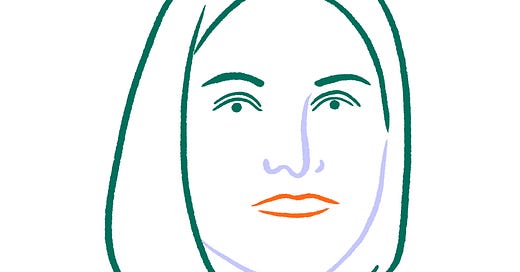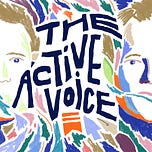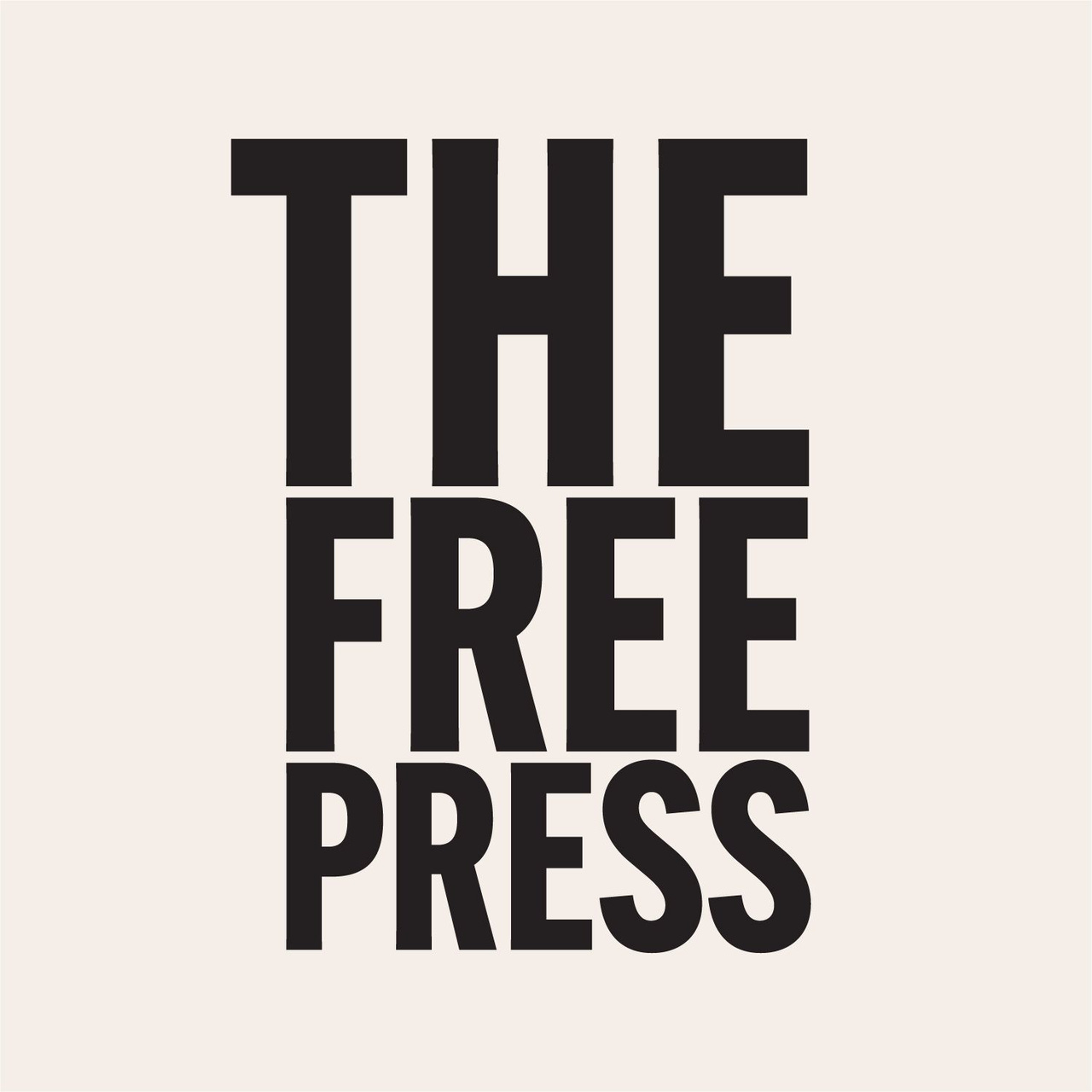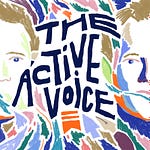When
wrote an article for The Atlantic to suggest an amnesty in the pandemic wars, she received a shockingly sharp rebuke from those who weren’t ready to forgive. On the left, there were people who felt that the unvaccinated jeopardized untold lives; on the right, there were people still furious about the way they were treated for not going along with the lockdowns. But by that time, social media cancellations were a familiar ritual for Emily, who had already upset some souls with articles about school closures (she was against them) and the Covid risks faced by children (minor) relative to older people (less minor). Even though she was developing a thicker skin, the force of the response to the amnesty piece threw her a little. The worst part? She couldn’t tell from the angry emails who was who. “The thing that was in some ways incredibly sad about that reaction was I would get then so many emails, and they were all very mean, most of them. And sometimes I would start reading and I would just think, ‘I don’t even know which side you’re on.’”When the pandemic struck, Emily was already well known as the author of the data-informed pregnancy and parenting books Expecting Better and Cribsheet, both of which have become wild bestsellers. But Covid only accelerated her ascent, as anxious parents turned to her for wisdom in navigating uncertain times. She started a Substack newsletter,
, which has become a phenomenon in its own right, with more than 160,000 subscribers. The newsletter was a lifeline for many of its readers, who treated Emily like a trusted advisor or a friend. Those relationships reminded her that, even as the worst of the attacks rolled in via email and social media, she was making a positive difference in people’s lives. It gave her the confidence to say important and true things, even when there was a social cost to doing so.“There was a connection that was forged there that I think helped people in a time that was really hard, and I’m really proud that I got to do that,” Emily says. “I think that that is totally worth it from that standpoint. So I’m not sorry.”
Quotes from the conversation
On becoming an economist
My parents were economists, and so I was aware that that was a job. Sometimes people don’t know that being an economics professor is a job. But I was definitely aware of that.
On exponential growth
In the last year, the book sold maybe 20 times what it did in the first year of publication, which is somewhat an unusual path for a book—for a nonfiction book.
On blowing up
I just remember being in the car, opening up my phone, and I opened up Instagram, which at the time I did not spend a lot of time on. I can see that someone has posted an image of Expecting Better, like, “Hey, this book is great.” And then I see that that person is Amy Schumer.
On writing Cribsheet
I’ve felt much more equipped to write this book about early parenting after having done it with a second kid. Partly because having multiple children, you don’t have as much time to obsess about all the crazy tiny stuff.
On social media
I’m simultaneously trying to talk about ideas and trying to get ideas out in the world and also very much doing that as me—very much doing that as an individual person, then a lot of the feedback comes about your person in a way that is different than feedback would come about the work. And I think that tension at some times has been totally overwhelming.
On sound bites
We think a lot about what is a way to encourage people to try to go deeper while delivering an accurate, if inevitably less complete, message in these shorter spaces. And I think sometimes it works better than others.
On taking a stance against school closures
We were starting to get good evidence that schools were not places of superspread, of significant Covid risk. And more than that, I think it was becoming obvious in the things I was hearing and the things that I was seeing and the data that was coming out and things people were writing that this was not good for our kids.
On being attacked online
People have written 5,000-word articles about how it’s my fault that schools opened. I wish it were my fault.
On staying grounded
My husband loves economics and he doesn’t care about this [Twitter blowback]. So it’s nice to have someone who’s just like, wow. Not like, “Well, who cares?”
On rising above backlash
A lot of it was just a feeling of almost being treated like a crazy subhuman, and then somehow that was very hard to forgive. And I reflected some on that, and I’m not sure how much I would’ve written it differently. I actually do think that the message is important.
On speaking out
It makes me more prepared and probably more thoughtful about the places that I use my voice. And that’s partly because the platform is bigger. Three years ago, my platform was much smaller than it is now. Having lived through these things and knowing, Okay, one can come out on the other side, I think if there’s something that’s important, I’m going to say it.
On helping others
On net, the good for me has outweighed the bad, and that good comes partly in having influence in spaces where I think the work that I do is valuable. It comes partly in helping people.
On immediacy and depth
This is an opportunity to basically write what are effectively coming close to book chapters or portions of chapters but in response to things that are happening right now.
On going paid
A big piece of it was to generate revenue so we could make it better. And I mean better in terms of more professional, more proofread. Early on, much of the beginning of this newsletter, I was doing everything, which is of course totally reasonable, but I’m actually a terrible speller.
On writing alongside academia
There are many things that I love doing, research and so on, but there are things inside the academy—in particular, teaching—that I would have a very difficult time imagining giving up.
On choosing the right form
Occasionally, there’s things where it’s like, I want an even bigger or a slightly different audience for this. But I have found increasingly the stuff the audience sees, and there are opportunities that it spreads pretty widely.
Emily’s recommended reads:
, who writes TGIF for:Show notes
Subscribe to ParentData on Substack
Find Emily on Twitter, Instagram, and her website
Emily’s writing in The Atlantic: on school closures and a pandemic amnesty
[02:41] Wanting to be a writer
[04:41] Writing Expecting Better
[07:15] The Amy Schumer moment
[09:22] Writing Cribsheet
[12:16] The tension of social media
[14:41] Writing about Covid-19 and school closures
[18:33] The cost of being yelled at on Twitter
[21:32] Developing a thickened skin
[25:49] Writing The Atlantic piece
[26:55] Dealing with abusive comments
[28:03] Humanizing both sides
[29:49] Learnings from the blowbacks
[32:09] Weighing up taking the heat
[35:25] The value of writing on Substack
[39:18] On going paid
[42:00] Academia and writing
[45:50] Teaching students
[49:00] Emily’s recommended reads
The Active Voice is a podcast hosted by Hamish McKenzie, featuring weekly conversations with writers about how the internet is affecting the way they live and write. It is produced by Hanne Winarsky, with audio engineering by Seven Morris, content production by Hannah Ray, and production support from Bailey Richardson. All artwork is by Joro Chen, and music is by Phelps & Munro.

























Share this post